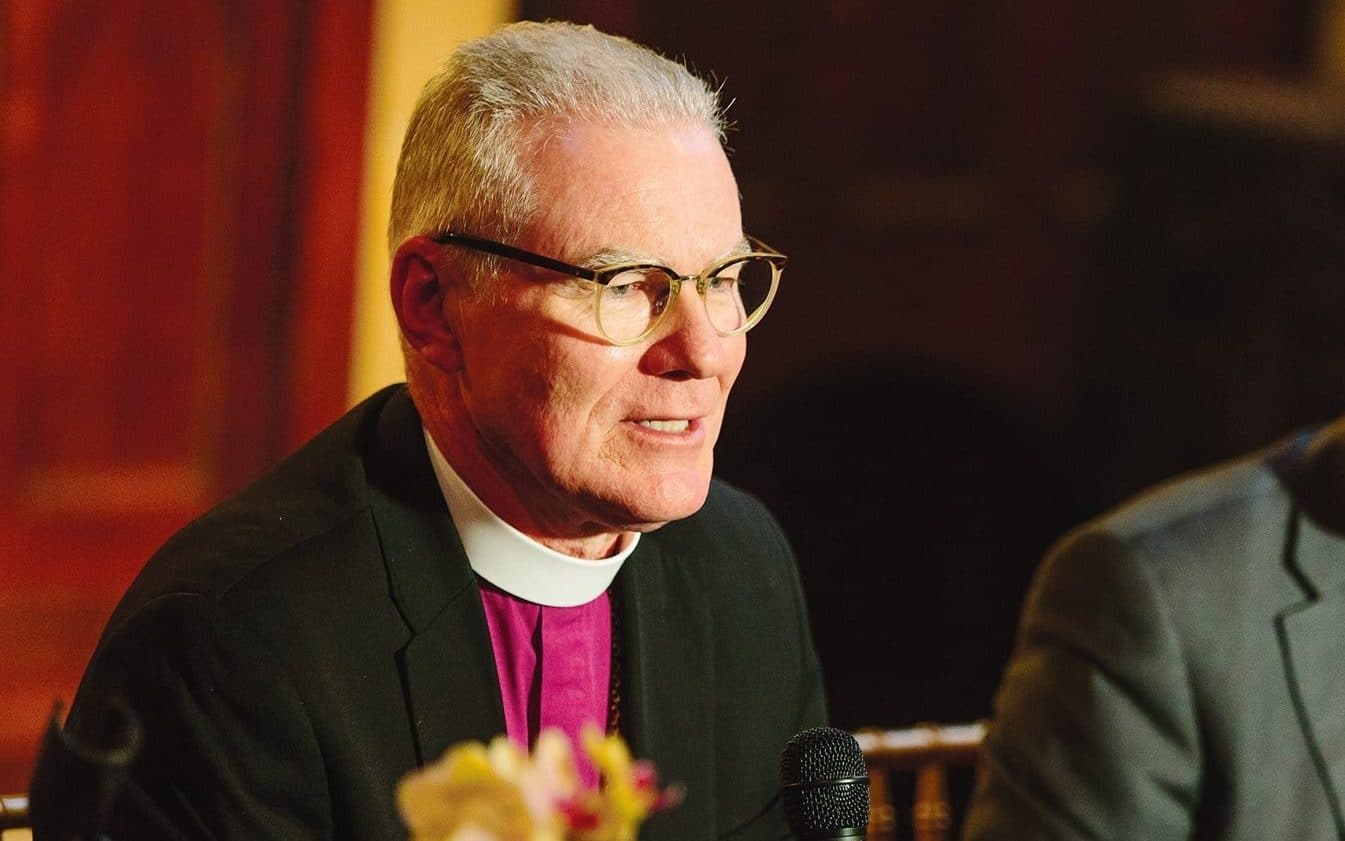
By Elspeth Kernebone
31 January 2022
Melbourne’s archbishop has hit back at claims the diocese’s professional standards process has been flooded with vexatious allegations of bullying and emotional harassment.
Archbishop Philip Freier said more than a quarter of matters presented to the diocese’s complaints and redress management body Kooyoora were dismissed or classified for no further action in 2020-21, in response to a question asked at Melbourne’s 2021 synod.
Dr Freier said Kooyoora’s average completion time for matters was 99 days.
Putting the question at synod, St Hilary’s Kew parishioner Matthew Critchton said claims of bullying and emotional harassment had to be resolved with “detailed and cumbersome methodology” designed primarily for sexual misconduct and other serious claims.
Mr Critchton asked what had been done to speed up the removal of vexatious claims and give the director of Kooyoora the power to compel mediation or summarily dismiss an unverified claim.
Dr Freier said Mr Critchton’s question included “a degree of factual error and false assumption”.
Read more: Grievance policy draft to be rewritten: Archbishop
He said Kooyoora reported 26 per cent of its 205 contacts in 2020-21 were bullying-related, and seven per cent emotional harassment related. A total 26 per cent of matters reported to the Professional Standards Committee were dismissed with no further action.
Dr Freier said 2019 changes to the legislation gave the committee greater ability to manage matters in other ways.
He said all bullying recommendations were first diverted to mediation, unless there was a reason not to.
Dr Freier said matters referred to the Professional Standards Board could take long periods of time, depending on police involvement.
Dr Freier’s response to several questions asked at the 2021 synod were sent out in January.
He was also asked which former church sites had ceased to be used, which had been sold, what the proceeds were, what the total amount spent or set aside to establish new parishes was, and what these new parishes were.
Then Reverend of St John’s Bentleigh, Dr David Powys put this question with reference to a motion passed at the 2011 synod, endorsing the principle that proceeds from sale of unused property should be pooled, and used primarily to establish new parishes and ministries in growth areas.
Dr Freier responded that the diocese realised $69 million selling properties between 1998 and 2020.
He said $31 million of this was kept by parishes for buildings, extension, or renovations, and $1 million for ministry work.
Of the $38 million kept by the diocese, $7 million went to new parishes and ministry extensions, $4 million was invested in the Church Extension and Development Fund, and $6 million spent to fund redress.
Read more: Bringing Jesus to the growth corridors – The Melbourne Anglican
He said the remaining $21 million was used to build the diocese’s corpus, and support its budget to fund new initiatives. This included nearly $5.2 million used to fund projects at eight churches, as well as the diocesan archives.
Dr Freier also pointed synod representatives to preliminary legal advice from the Victorian Council of Churches, in response to a question from the Reverend Dr Chris Porter of Trinity College Theological School and St Jude’s Carlton.
Dr Porter had asked whether the diocese had sought legal advice about whether its current liturgical and ministry practices might come within the scope of the Change or Suppression (Conversion) Practices Prohibition Act 2021.
He also asked whether the diocese planned to provide pastoral guidelines for clergy and laity on the implications of the act, and whether it had developed a policy to provide legal support for clergy or laity in the event of being investigated while undertaking ministry on behalf of the church.
Dr Freier said the diocese was waiting on the development of the guidelines from the Victorian Council of Churches, but legal support may be available through diocesan indemnity insurance, depending on the circumstances.
Dr Freier also confirmed a full report required from Archbishop in Council about the Next Steps in Reconciliation would be provided to the synod in 2022, in response to a question from General Synod member Dianne Shay.







